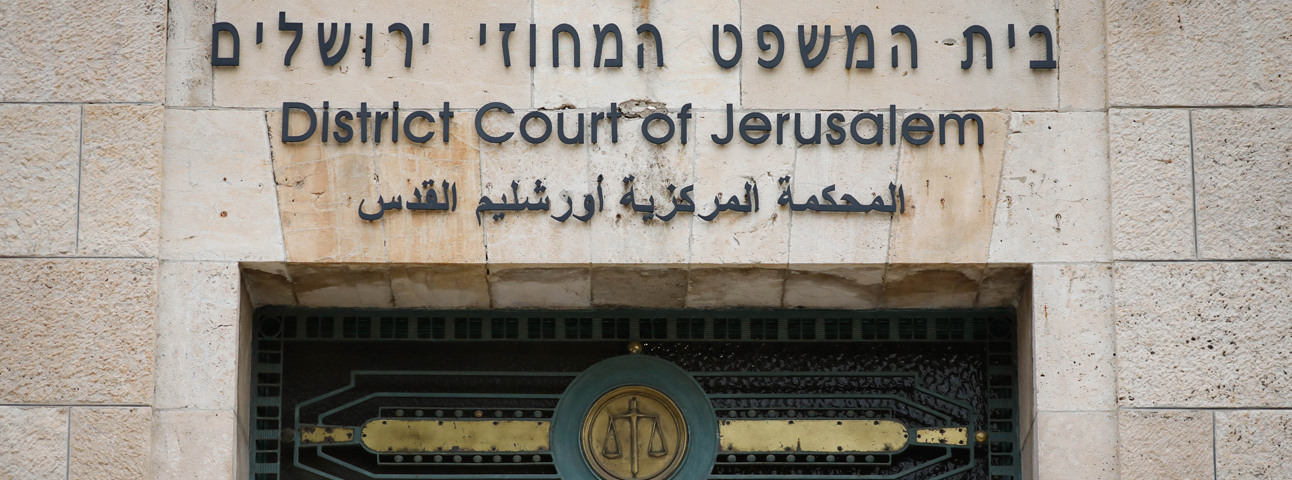Prime Minister on Trial - Explainer
The announcement that Prime Minister Netanyahu’s trial in the Jerusalem District Court will begin on March 17th-- just 14 days after Israel’s third elections – is yet another in a series of unprecedented events. Dr. Amir Fuchs, a researcher at the Israel Democracy Institute provides responses to key questions as to what this process will look like.

Flash 90
What usually happens at this point in a criminal trial?
Att the beginning of the trial, the presiding judge reads the indictment aloud to the defendant, and ascertains that he understands them. But there are excepotiond to this duty. According to section 143 of the Criminal Procedure Law: "At the beginning of the trial, the court will read the indictment to the defendant, and explain its contents if necessary. However, the court may choose not do so if the defendant is not present in the courtroom, and instead – is represented by a defense attorney. The attorney must inform the court that he/she has read the charges to the defendant, explained their ramifications, and that the defendant confirms that this has been done. The defendant’s response will be “recorded in the protocol”. This process takes place in a single court session.
What is unique at this point in the case of the trial of a public figure?
The trial is conducted in exactly the same manner, whether a public figure or an ordinary citizen is on trial.
Will the Prime Minister have to be present in the courtroom?
As with all other criminal cases: In principle, attendance is required, but, an exemption may be requested. The court can grant such an exemption at its discretion.
What are the implications of a plea of “not guilty”, for the conduct of the trial? Will the parties also be able to present their arguments?
Even before the defendant responds to the charges, usually through his defense counsel, preliminary arguments can be presented, for example-- that the facts do not point to a criminal offense, flaws in the indictment, and arguments related to the issue of substantive immunity. After examination of the preliminary claims, the defendant will respond to the charges. Once the defendant has submitted a response of “not guilty”, a time will be set to hear the evidence. This process can take place over several sessions of the court
What can change in Prime Minister Netanyahu's routine from the time the indictment has been read and the trial officially begins?
It all depends on whether the court will require him to be present at the hearings. If so, this can take hours and hours. The more likely scenario is that the court will exempt him from personally appearing in court. He will however, be required to be present during his own testimony and during the cross-examination.
Beyond that – while there is no formal stipulation to this effect, it is clear that he will need a daily update on the court proceedings, and his defense team will need to consult with him on the cross-examination of witnesses. Ongoing updates and consultation with the defendant are essential to ensure his optimal defense.
